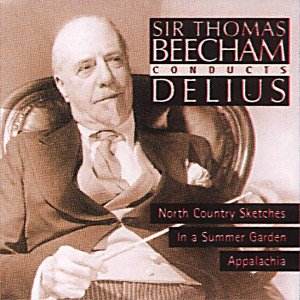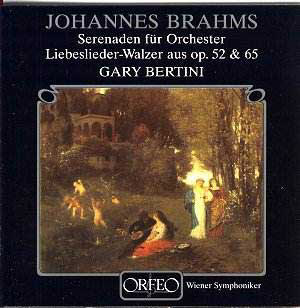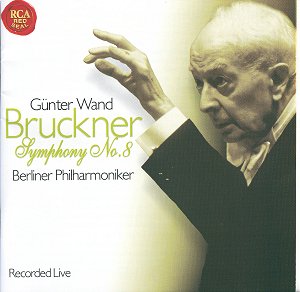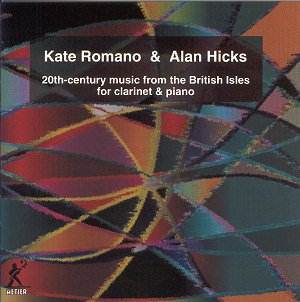 Composer: Frederick Delius
Composer: Frederick Delius
Works: North Country Sketches, In a Summer Garden, Appalachia
Performers: Royal Philharmonic Orchestra, conducted by Sir Thomas Beecham
Recording: February 14, 1949; October 27, 1951; October 29, November 6, 7, 13, December 18, 1952
Label: SONY SMK89429
Frederick Delius, a composer often ensconced within the lush landscapes of late Romanticism, has a unique ability to conjure vivid imagery through his music. This latest release from Sony—part of the ongoing revival of Beecham’s interpretations—features three significant works by Delius: North Country Sketches, In a Summer Garden, and Appalachia. Each piece reflects profound emotional landscapes, evoking the pastoral and the exotic in distinct, yet equally poignant ways. These recordings, some of which make their first digital appearance, provide a timely opportunity to reassess Delius’s artistry through the lens of Beecham’s interpretative genius.
North Country Sketches serves as an evocative mosaic of seasonal moods, its four movements painting a portrait of the English countryside reminiscent of Debussy’s La Mer, albeit with a distinctly terrestrial focus. Beecham’s reading is infused with an atmospheric depth that captures the essence of the Yorkshire moors, from the gentle sighs of “Summer” to the spirited “The March of Spring.” The recording quality is striking for its age, boasting a rich, warm sound that enhances the orchestral colors. Notably, the restoration of the first note in the final movement—previously clipped in earlier versions—reflects the meticulous care taken in this transfer, revealing the clarity and precision inherent in Beecham’s direction.
In a Summer Garden, with its lush orchestration and sensuous melodic lines, benefits from Beecham’s brisk pacing, which maintains momentum without sacrificing the work’s inherent delicacy. The conductor avoids the tendency to linger, ensuring that the music flows naturally like a gentle breeze. Here, the Royal Philharmonic Orchestra exhibits remarkable cohesion, particularly in the delicate interplay between woodwinds and strings. The clarity of the recording allows each instrumental voice to emerge distinctly, imbuing the performance with a freshness that feels both immediate and timeless.
Appalachia, perhaps the most ambitious of the trio, echoes Delius’s reflections on his experiences in America. This work vividly evokes the plight of enslaved individuals, juxtaposed with the vibrant flora of the Florida landscape. Beecham’s interpretation here is marked by a sensitivity that captures both the grandeur and the underlying sorrow of the score. The lush string passages resonate with a visceral quality, while the rhythmic energy in the depiction of the river’s flow is both compelling and poignant. The recording technology of this era does justice to the expansive sound world Delius creates, allowing the listener to fully engage with the rich timbres of the orchestra.
The significance of these recordings extends beyond their historical context; they embody Beecham’s long-standing advocacy for Delius’s music. Comparatively, while modern interpretations by conductors such as Sir Charles Mackerras present these works with a fresh perspective, Beecham’s performances possess an elemental magic that resonates deeply. His approach embodies a fidelity to Delius’s vision, revealing the nuanced emotional landscapes that have often eluded other interpreters.
This collection stands as a testament not only to Delius’s unique voice but also to Beecham’s enduring legacy as his primary champion. The combination of excellent sound engineering and interpretative insight makes this release an essential addition to the catalog of Delius’s works. For enthusiasts and newcomers alike, the value of this recording is undeniable. The price point, particularly at approximately £8.45, further enhances its accessibility, ensuring that Delius’s evocative landscapes continue to inspire and resonate with audiences today.



